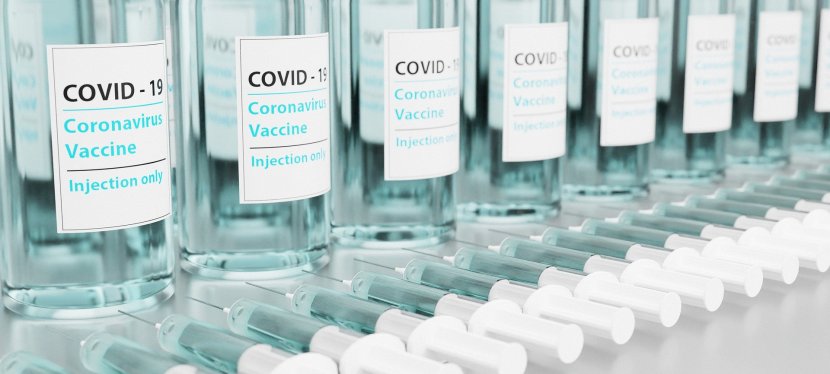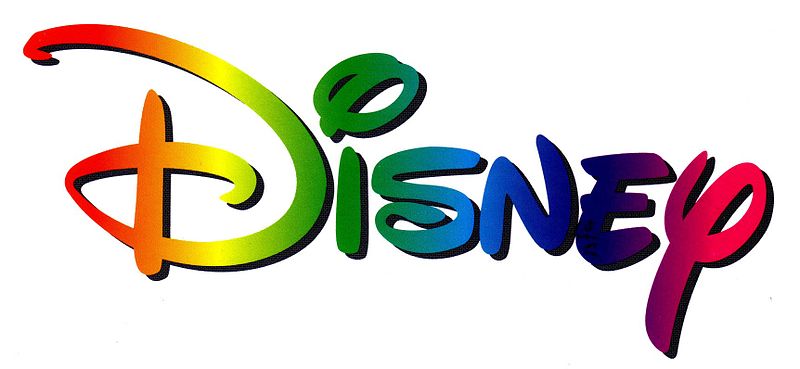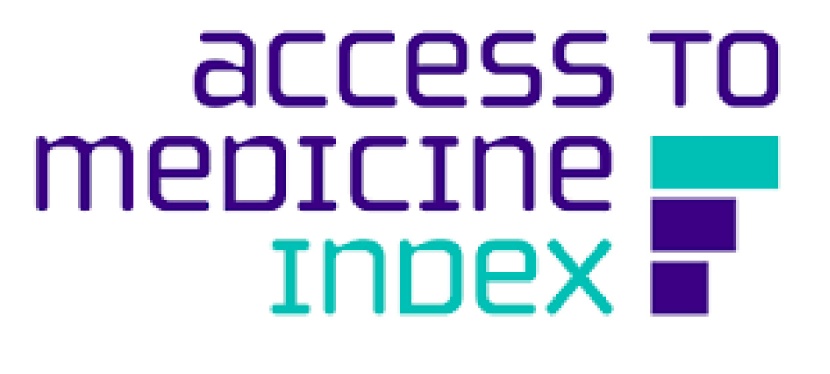From the beginning one thing was clear: the COVID-19 pandemic will end only when everyone, everywhere has access to vaccines and life-saving treatment. Even as we struggle here in the U.S. to vaccinate people of color and those who are reluctant, billions of people elsewhere have been suffering through a pandemic with no access to vaccines, even as there are significant surpluses here and elsewhere in the world.
To be fair, the pharmaceutical industry deserves praise for producing safe and effective COVID-19 vaccines so quickly. Developing a vaccine takes an average of 10 years — if it works at all. Despite decades of well-funded research, there are still no vaccines for HIV or malaria. We now have multiple, highly effective COVID vaccines, all developed in less than a year.
These vaccines are the product of innovative research dating back several decades, spurred by unprecedented public investment. Operation Warp Speed has provided more than $10 Billion in support of vaccine makers for the development and expansion of manufacturing capacity. Another $825 million has been given in support of monoclonal antibody therapies. As of March, U.S. commitment to the CT-Accelerator stood at $6 billion. In April, President Biden pledged another $2 billion to the international COVAX effort.
Amid such vast public investment, pharma companies pursued monopolistic deals with the fruits of taxpayer-funded innovation, rather than volunteering to share their know-how for the next great task facing humanity: getting those vaccines to everyone, everywhere, at the lowest cost possible, as quickly as possible. This traditional business model based on public funding followed by IP protected monopolistic practices is finally facing financial, legal, and reputational risks.
Alongside other ICCR members, SGI members participated in a campaign to challenge companies to disclose how public investment into COVID-19 vaccines and therapeutics figured into global pricing & access strategies. This is important, because drugs don’t work if people can’t afford them. The increasing trends of the rise of coronavirus variants combined with our collective failure to mask up and maintain social distance suggests that Covid-19 will become an endemic condition, much like the flu. Billions of us likely will need the vaccine each year.
This is not an issue that only rests with governments. Corporations have an important role to play in ensuring equitable access to affordable, quality care. Recent shareholder resolutions asked pharma companies to account for their role in our collective fight against the Coronavirus. Many other shareholders agreed yielding votes in excess of 30%. As a recent article in Responsible Investor asked: “[S]hould middle/low income countries have to rely on the paternalism of well-meaning NGOs and donors when the pharmaceutical industry has it within its power to play a pivotal role in ending this global scourge?”





